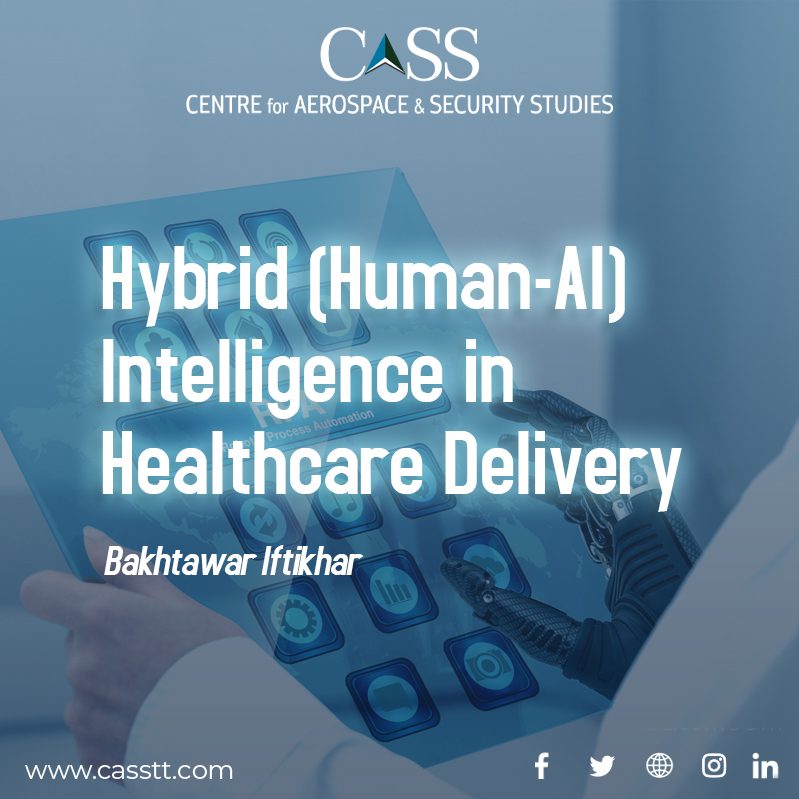At the end of the Nineteenth Century, Europe was spellbound by the intelligence of a German stallion who could ‘solve math problems, tell time, identify days on a calendar, differentiate musical tones and spell out words and sentences.’ When asked what was two plus three, ‘Clever Hans’ would answer by tapping his hoof five times. Unfortunately, the international star lost its celebrity status, when a Hans Commission discovered that his abilities were the outcome of unconscious signals provided by the questioners themselves. Hans was inadvertently being prompted to stop as questioners’ posture, breathing and facial expressions subtly changed when nearing the correct answer. The key takeaway is how narrowly the concept of intelligence was viewed; such that Hans’ other remarkable abilities of ‘interspecies communication, public performance, and considerable patience’ were not credited as intelligence.
The story of Clever Hans from Kate Crawford’s book ‘Atlas of AI’ offers insight into the common propensity to anthropomorphise or humanise the non-human, be it animals like Hans or machines/programmes like Artificial Intelligence, and subsequently to think of them as replacements for humans. Among a variety of fields, healthcare is one such area where AI has started to play an increasing role with many, like Dr Ehsan Rahimy, at Stanford, speculating whether this could lead to medical doctors being replaced.
There is no doubt that due to its medical applications, AI can be seen as a companion to medical doctors with extensive utility. In terms of medical decision-making, research suggests the effect of hybrid intelligence, formed by an alliance of human endoscopists and AI, outperformed both agents taken alone. Well-trained AI, thus, offers an extra avenue of data, similar to an expert opinion, to allow medical practitioners to make more informed and resultantly more accurate decisions. Additionally, AI chatbots can automate mundane administrative processes like appointment scheduling, record-keeping and billing. In this way, doctors’ time and energy can be preserved to optimise healthcare delivery especially amid a high influx of patients, since increased workload on doctors is associated with poor patient outcomes. Telemedicine and Remote Patient Monitoring (RPM) tools can also provide underprivileged patients real-time access to doctors. Doctors in Pakistan at Dr Akbar Niazi Teaching Hospital, Holy Family Hospital, Benazir Bhutto Hospital, and Pakistan Institute of Medical Sciences shared that hospitals are flooded on certain weekdays, with a single van bringing in a number of patients from remote areas, some expiring by the time of their arrival. Patients otherwise unable to travel on any other day no matter how sensitive their condition, may at least have access to healthcare professionals in this manner.
Hence, fears of doctors being ‘replaced’ by AI rather than ‘facilitated’ appear to be ill-founded not only because of the shortcomings of AI in healthcare, but also because of the ‘empathy’ this profession demands. The medical profession and clinical practice, set in real-life social settings, ideally involves nuanced emotional labour, diagnosing not just illnesses but often familial dysfunctions that hinder patient recovery and providing counselling accordingly – all the while listening to patients who may barely be able to accurately narrate the history of their affliction. Thus, doctors who consistently exhibit a profound sense of care and empathy within frequently constrained and under-resourced healthcare settings, are indispensable and irreplaceable.
In fact, what needs to be prioritised at the global level is bringing down costs of AI-powered healthcare solutions discussed earlier, especially for under-developed and developing countries like Pakistan. 2019 World Bank estimates suggest that Pakistan only spends about USD 39 per capita, a 3.38% of its GDP on healthcare. While AI cannot replace the need for sufficient national investment in public health, it can enhance healthcare delivery efficiency and help prevent the injudicious use of limited resources. For example, by expediting diagnosis, AI could reduce the number of patient follow-up tests needed. During the COVID-19 Pandemic, Love4data – a data analytics and AI consulting firm, helped the National Command and Control Centre (NCOC) in risk ratings.
To foster effective Human-AI synergy, medical practitioners will also have to acclimatize to latest developments in this emerging area. A cross-sectional online survey revealed that only 27.3% of Pakistani doctors and 19.4% of medical students were aware of the medical applications of AI. Medical curriculum should, therefore, include supplementary courses on AI to compensate for the lack of awareness.
In conclusion, AI can serve as a valuable tool to support doctors and patients. However, realising its practical benefits in developing economies, like Pakistan, requires several key elements: Awareness, Digitalisation, Infrastructure, and Internet Connectivity. These factors, not limited to the healthcare sector, can yield substantial returns. The field of medicine, as old as time, stands to benefit from the opportunities presented by the AI revolution. While challenges exist and should be addressed, the integration of AI should be seen as an opportunity for human advancement rather than a destructive collision.
Bakhtawar Iftikhar is a Research Assistant at the Centre for Aerospace & Security Studies (CASS), Islamabad, Pakistan. She can be contacted at: cass.thinkers@casstt.com




